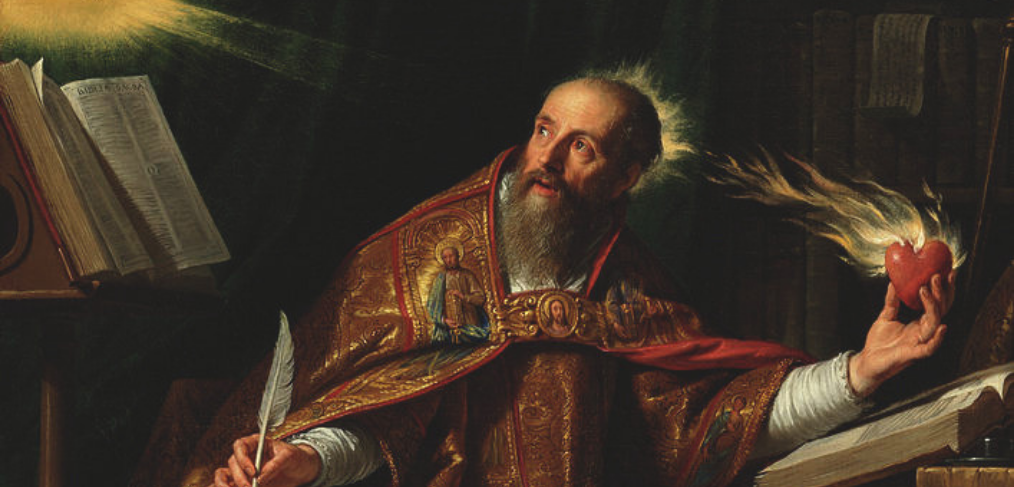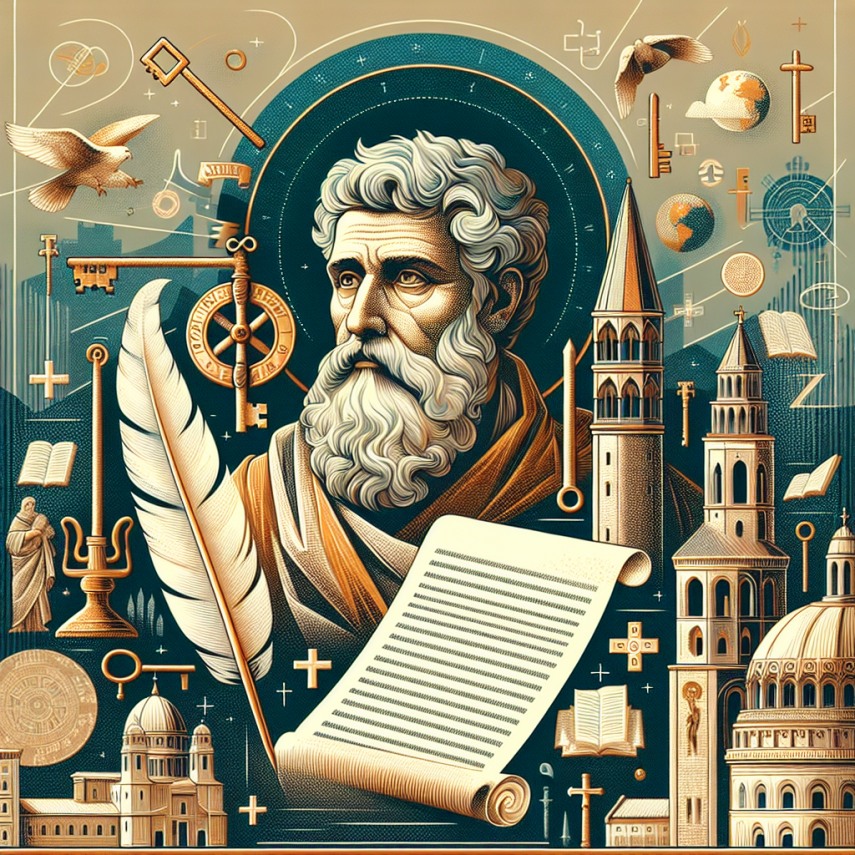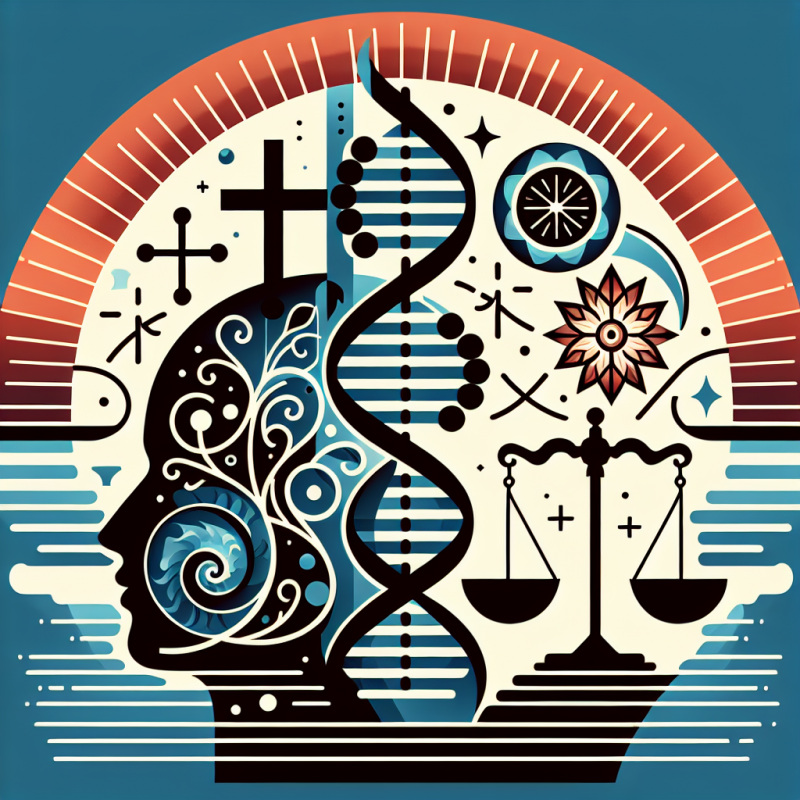The Enduring Legacy of Saint Augustine: A Great Christian Thinker
When we talk about “Great Christian Thinkers,” there’s a name that continuously rises to the top: Saint Augustine of Hippo. His influence on both Christian theology and Western philosophy has been profound, shaping the thought and practice of the church over centuries. From his reflections on human nature and sin to his work on God’s sovereignty and grace, Augustine stands as a beacon of intellectual rigor and spiritual depth within the broader narrative of Christian history.
This article will explore Augustine’s contributions, revisiting key moments in his life, his monumental works, and the theological implications of his thought. We’ll also reflect on how his insights continue to be relevant today, helping us navigate our contemporary issues of doubt, faith, and purpose—journeys I’ve faced personally and professionally.
The Life of Augustine: From Skeptic to Believer
Augustine’s journey to faith was not without its own share of doubts and struggles. Born in 354 AD in North Africa, Augustine was raised by a devout Christian mother, Monica, and a pagan father. Early in life, his heart was set on worldly success, leading him to pursue a career in academia and philosophy. Despite his intellectual brilliance, Augustine’s spiritual journey was marked by a deep internal conflict between his quest for truth and his relentless pursuit of pleasure—a conflict many of us can relate to as we wrestle between the temporal and the eternal.
Augustine’s eventual conversion to Christianity came after years of philosophical inquiry and personal struggle. His famous moment of conversion, often referred to as his “Garden experience,” is deeply moving:
“Take up and read; take up and read.” Hearing these words, he picked up the Bible and opened to Romans 13:13-14: “Let us walk properly as in the day, not in revelry and drunkenness, not in lewdness and lust… But put on the Lord Jesus Christ, and make no provision for the flesh, to fulfill its lusts” (Romans 13:13-14, NKJV).
This moment led to Augustine’s baptism and a complete transformation in his life—a story that resonates with the testimonies of many believers today, including my own journey from skepticism to faith. His acknowledgment of doubt as part of his journey reflects the notion that faith, as I’ve personally discovered, isn’t a static inheritance but a dynamic, evolving relationship with God.
Augustine’s Major Works and Theological Contributions
Augustine’s conversion marked the beginning of a prolific period of writing. His most significant theological contributions came through two monumental works: The Confessions and The City of God. Both texts continue to be essential reading for anyone interested in Christian thought.
| Work | Description | Contribution to Theology |
|---|---|---|
| The Confessions | An autobiographical work reflecting on his spiritual journey. | Augustine explores human nature, conversion, and the pursuit of God. |
| The City of God | A defense of Christianity after the fall of Rome, contrasting the “City of Man” with the “City of God.” | Introduced the idea of two opposing forces in human history: the heavenly and the earthly. |
The Confessions: A Personal and Theological Masterpiece
Simplistically speaking, The Confessions can be seen as the first spiritual autobiography, but it is much more than that. Augustine’s introspective writing about sin, grace, and redemption speaks to universal human experiences. His concept of the restless heart, expressed through the famous line: “Our hearts are restless until they find rest in You, O God,” encapsulates a deep yearning that many of us feel in our own lives today. It’s something I’ve felt profoundly during moments of personal and professional struggle, as referenced in my own battles with faith and adversity.

The City of God: Theology in the Context of Societal Collapse
In The City of God, written as the Roman Empire was crumbling, Augustine contrasts the “city of man,” built on self-love and pride, with the “city of God,” founded on the love of God. Augustine’s reflection here was not just philosophical but deeply theological—it challenged Christians to elevate their vision beyond worldly success or failure and focus on their ultimate citizenship in heaven. This is particularly relevant in today’s context, as we navigate societal instability, political divides, and the challenges of a post-modern world. Augustine’s writings remind us to ground our identity and purpose in God’s eternal kingdom, not merely in the fleeting constructs of this world.
Theological Legacy: Understanding Sin, Grace, and the Human Condition
At the heart of Augustine’s theology is his understanding of original sin and grace. Augustine believed that humanity is inherently sinful due to the fall of Adam and Eve. His deep reflection on the concept of original sin laid the groundwork for future Christian discussions about the human condition and salvation.
However, Augustine did not despair in the face of human sin. He also spoke powerfully about God’s grace—His unmerited favor, which works in us to will and to act according to His good purpose. This view of grace offers both comfort and challenge in our walk with Christ. Personally, it has been a lens through which I view my own faith journey. Just as God’s grace sustained Augustine through his many trials, whether intellectual, emotional, or political, I, too, have experienced that same grace in my moments of adversity. The fundamental question remains: Can we, like Augustine, surrender to that grace?

Augustine’s Relevance for Today
Readers of this blog will recognize themes from previous articles—whether discussing the power of spiritual disciplines or the profound lessons of Scripture as found in The Beatitudes—connected to the theological ground Augustine laid. For example, in The Beatitudes, we’re called to live humbly and depend on God’s grace, an ethic deeply resonant with Augustine’s thoughts on human sinfulness, grace, and redemption.
Augustine’s works are also deeply integral to the development of Christian theology, as we’ve already explored in previous articles about great theologians. Without a deep understanding of Christian history—especially through the lens of thinkers like Augustine—modern believers might miss much of the doctrinal foundation that Christianity rests on today. The discussions of sin, grace, human nature, and divine sovereignty that originated in Augustine’s thought continue to shape Christian communities across the globe.
Lessons from Augustine for Modern Living
- Embrace Your Doubts: Augustine shows us that doubts and questioning are not hindrances to faith—they are steps toward deeper understanding. If you’re grappling with uncertainty, see it as part of your spiritual journey.
- Trust in God’s Grace: Augustine’s personal transformation is a testament to the transformative power of grace, even for the staunchest skeptics among us.
- Seek the Eternal: Augustine’s vision of the City of God teaches us to live with heaven in view, even when the world around us seems to be falling apart.
Further Reading
If you’re interested in diving deeper into Augustine’s theology, consider these recommended readings:
- The Confessions by Augustine of Hippo
- The City of God by Augustine of Hippo
- Augustine’s Theology by Gerald Bray
As we reflect on Augustine’s legacy, may we find inspiration in his journey from skepticism to belief, his passion for truth, and his powerful insights into human nature and God’s redeeming grace.
Focus Keyphrase: Great Christian Thinker




Writing about Saint Augustine has been deeply meaningful because, like Augustine, I’ve had my own struggles with doubt and faith. His theological insights continue to challenge and inspire me, and I hope this article helps readers connect with his journey and appreciate the depth of his thought.
David, thank you for this insightful piece on Augustine! As a retired librarian with a love for early Christian thought, I particularly appreciated the detail on *The City of God*. Augustine’s dual concept of the “City of Man” and “City of God” still resonates today. I’m thankful to see a modern exploration of his work in such a relatable way. Looking forward to more articles like this!